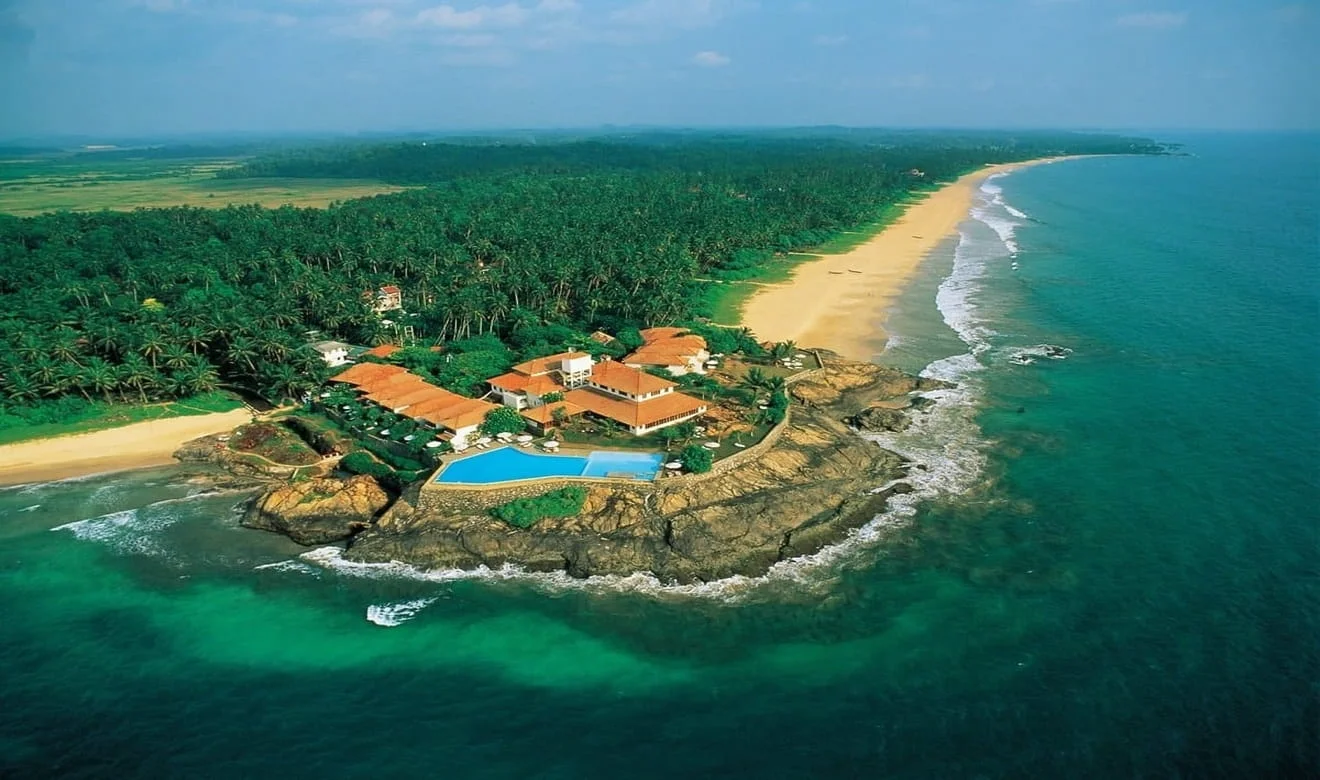Sri Lanka is a land of breathtaking landscapes, rich biodiversity, and vibrant culture. As global tourism grows, sustainable travel has become essential to preserving the beauty and heritage of destinations like this tropical paradise. By adopting eco-friendly practices and supporting local communities, travelers can minimize their environmental impact and ensure a positive contribution to the places they visit. Here’s how you can explore Sri Lanka responsibly while making meaningful connections.
Eco-Friendly Accommodations
One of the easiest ways to practice sustainable travel is by choosing eco-conscious accommodations. Sri Lanka offers a range of options, from eco-lodges in lush jungles to boutique hotels designed with sustainability in mind.
- Rainforest Ecolodge, Sinharaja: Located near the Sinharaja Forest Reserve, this lodge uses recycled materials and renewable energy sources, blending seamlessly with its surroundings.
- Uga Escapes: This luxury hotel chain emphasizes sustainable practices, including solar energy, water conservation, and community engagement.
- Back to Basics: Homestays in rural villages not only reduce your environmental footprint but also provide an authentic cultural experience.
By staying at eco-friendly accommodations, you contribute to conservation efforts while enjoying a guilt-free holiday.
Ethical Wildlife Experiences
Sri Lanka is home to incredible wildlife, including elephants, leopards, and marine species. However, it’s important to prioritize ethical practices when encountering these animals.
- National Parks: Visit Yala, Udawalawe, or Wilpattu National Parks for guided safaris that respect animal habitats. Avoid operators that chase animals or overcrowd viewing spots.
- Marine Life: Opt for responsible whale-watching tours in Mirissa or Kalpitiya. Look for companies that adhere to regulations, such as maintaining a safe distance from marine animals.
- Say No to Captivity: Avoid attractions that exploit animals, such as elephant rides or unethical turtle hatcheries. Instead, support conservation-focused organizations like the Elephant Transit Home in Udawalawe.
Responsible wildlife tourism ensures the protection of Sri Lanka’s unique ecosystems and species for future generations.
Engaging with Local Communities
Connecting with local communities is one of the most rewarding aspects of travel. Supporting these communities helps sustain their livelihoods and preserves their cultural heritage.
- Handmade Crafts: Purchase souvenirs directly from artisans, such as batik fabrics, wooden carvings, or handwoven mats. This not only supports local craftspeople but also ensures fair compensation for their work.
- Community Tours: Participate in tours led by local guides to learn about village life, traditional farming practices, and cooking methods.
- Volunteer Opportunities: Contribute your time to community projects, such as teaching English, assisting in reforestation efforts, or helping with marine conservation.
These experiences foster mutual understanding and create lasting memories for both travelers and locals.
Reducing Your Environmental Impact
Traveling sustainably involves making conscious choices to reduce waste and energy consumption.
- Minimize Plastic Use: Carry a reusable water bottle, as many accommodations and restaurants offer water refill stations. Avoid single-use plastics like straws and bags.
- Use Public Transport: Trains and buses in Sri Lanka are affordable and eco-friendly ways to explore the country. The train ride from Kandy to Ella is particularly scenic.
- Pack Light: Packing only essentials reduces the carbon footprint of your journey and makes travel more convenient.
Small steps can collectively make a significant difference in protecting Sri Lanka’s natural beauty.
Conservation Initiatives to Support
Consider contributing to organizations dedicated to preserving Sri Lanka’s environment and heritage:
- Wildlife and Nature Protection Society (WNPS): One of the oldest conservation organizations in Sri Lanka, focusing on protecting wildlife and ecosystems.
- Rainforest Protectors of Sri Lanka: A group committed to reforestation and safeguarding rainforests.
- Marine Conservation Projects: Initiatives such as beach cleanups and coral reef restoration help maintain Sri Lanka’s stunning coastlines.
By supporting these initiatives, you help ensure a sustainable future for the island.
Conclusion
Sustainable travel in Sri Lanka isn’t just about minimizing harm—it’s about leaving a positive impact. From choosing eco-friendly accommodations to engaging with local communities and supporting conservation efforts, there are countless ways to make your journey meaningful and responsible. By traveling sustainably, you’ll not only preserve the island’s natural and cultural treasures but also enrich your own travel experience with deeper connections and lasting memories. Let’s work together to protect this gem of the Indian Ocean for generations to come.


